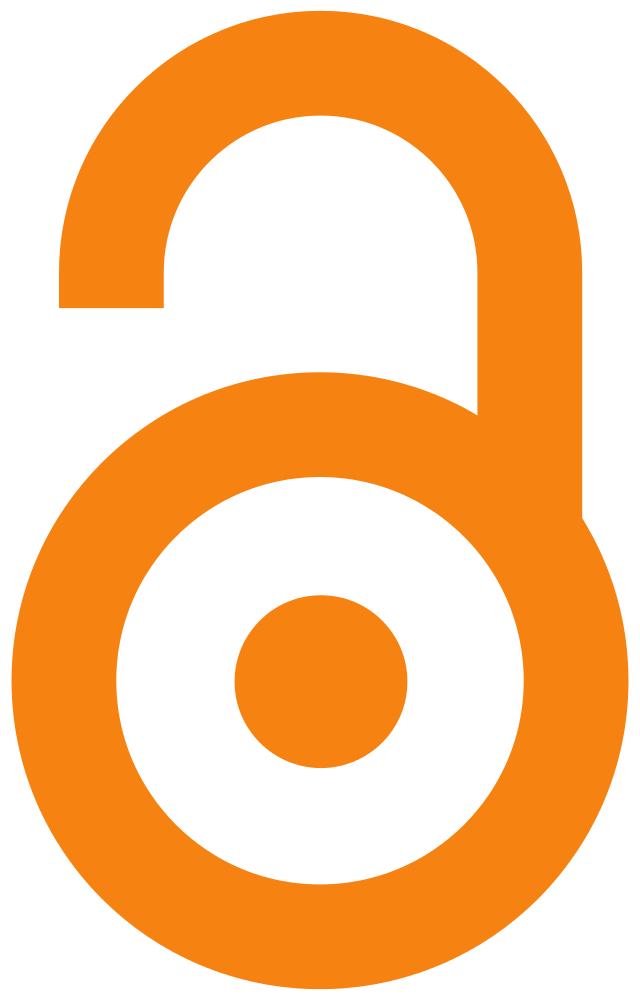 Five German scientists have stepped down from their editorial positions with Elsevier journals in an effort to push for nationwide open access. This is the latest move in the battle between German open access advocates and the for-profit publisher.
Five German scientists have stepped down from their editorial positions with Elsevier journals in an effort to push for nationwide open access. This is the latest move in the battle between German open access advocates and the for-profit publisher.
Earlier this year, German libraries, universities, and academic leaders came to the table to support an initiative called Projekt DEAL, aimed at changing the landscape of scholarly publishing by foregoing the subscription-based academic publishing model in lieu of a “publish and read” agreement. Essentially, Projekt DEAL pushes for an agreement where German institutions pay a lump sum that covers publication costs for all papers whose first authors are associated with German institutions, those papers are then published as open access, and in return the institutions receive access to all Elsevier-published journals.
Publishing giant Elsevier has been resistant to the deal, stating that they will continue to publish open access papers if authors or instructions pay the processing charge, but that the institutions should not expect that amount to give them full access to all Elsevier journals.
As Elsevier continues to resist, more German institutions are choosing to not renew subscriptions.
Editors who have stepped down from their role, like Computational Geometry Theory and Applications Editor-in-Chief Kurt Mehlhorn, are using their position as leverage to push Elsevier into making a fair deal.
This from Science:
Four other German scientists announced their resignations yesterday as well. Wolfgang Marquardt, a systems engineer and head of the Forschungszentrum Jülich, served on the editorial boards of two Elsevier journals. Cell biologist Marino Zerial of the Max Planck Institute of Molecular Cell Biology and Genetics in Dresden, had been on Cell’s editorial board. Jörg Raisch is a computer engineer at the TU Berlin who was on the editorial board of Automatica, and materials engineer Anton Möslang of the Karlsruhe Institute of Technology had served on the board of Nuclear Materials and Energy.
Horst Hippler, president of the German Rectors’ Conference in Bonn and lead negotiator for DEAL, expects the number to grow. He says the group plans weekly announcements of scientists who have joined the protest.
ECS still remains as one of the last independent scientific society publishers, and is still committed to the initial vision of the journals: to disseminate scientific research to the broadest possible audience with the fewest barriers.
ECS’s Free the Science initiative grew from this vision. Free the Science is ECS’s move toward a future that embraces open science to further advance research in our fields. This is a long-term vision for transformative change in the traditional models of communicating scholarly research. ECS, a trusted nonprofit led by researchers for researchers, believes that openness democratizes access to the scientific process; to that end, ECS is committed to playing a crucial role in implementing the necessary changes. More openness in our sciences means faster progress and solutions to global challenges in human health and the sustainability of the planet. ECS publishes over a third of its journal articles as open access. Other ECS programs that advance the shift to open science include a preprint server through a partnership with the Center for Open Science, enhanced research dissemination with Research4Life, ECS OpenCon, and expanding our publications to include more research in data sciences.
Learn more about Free the Science.


